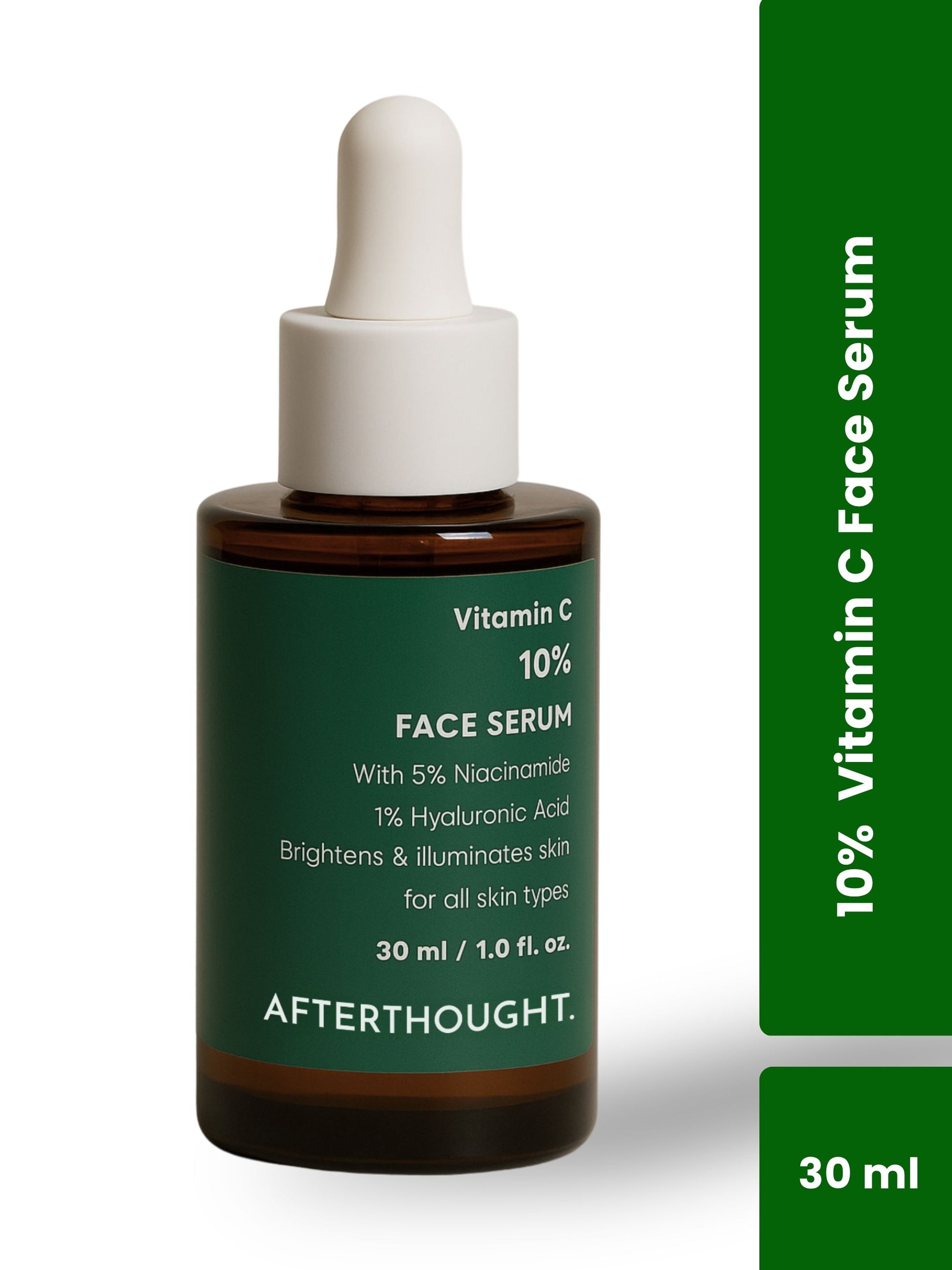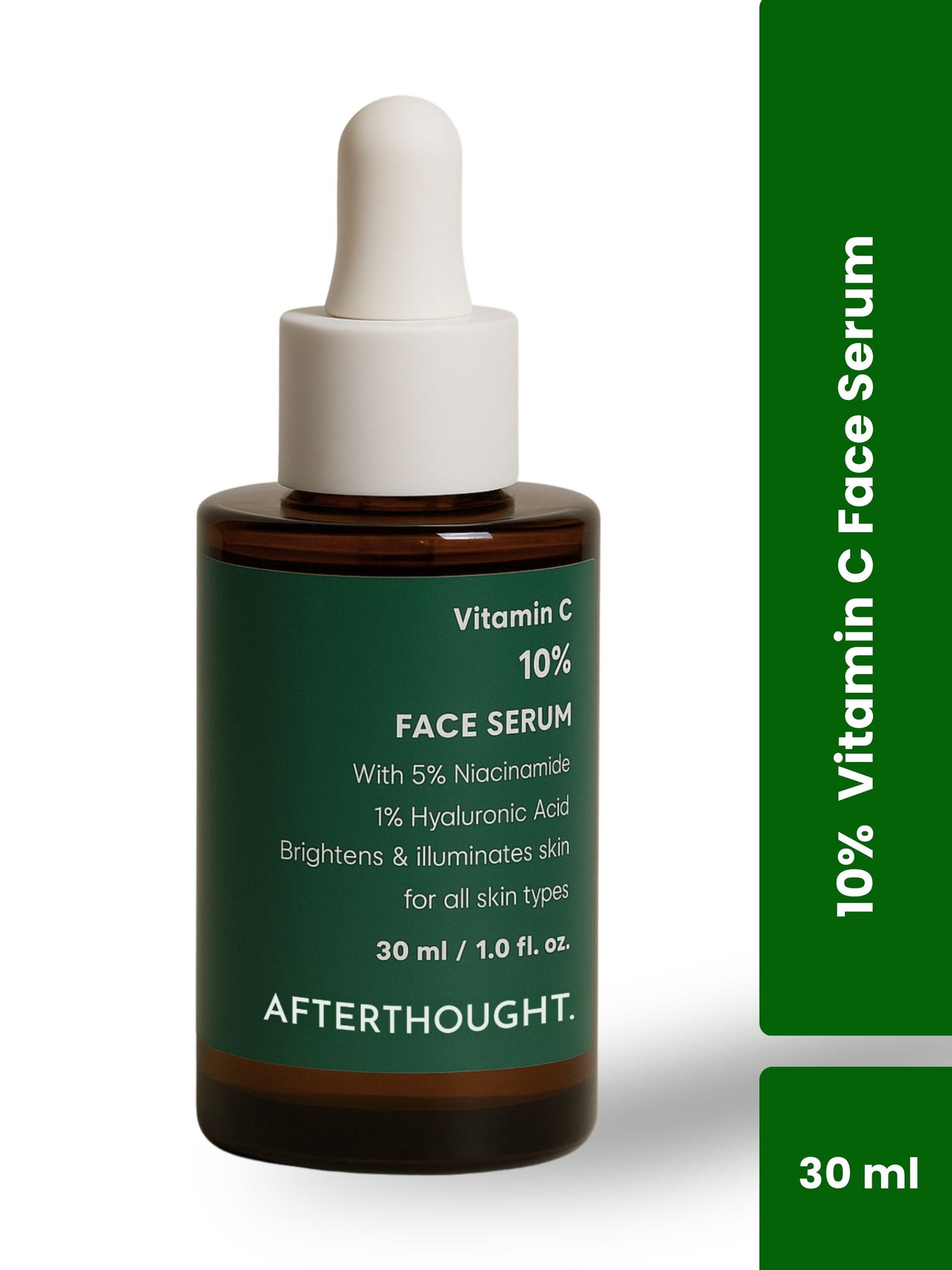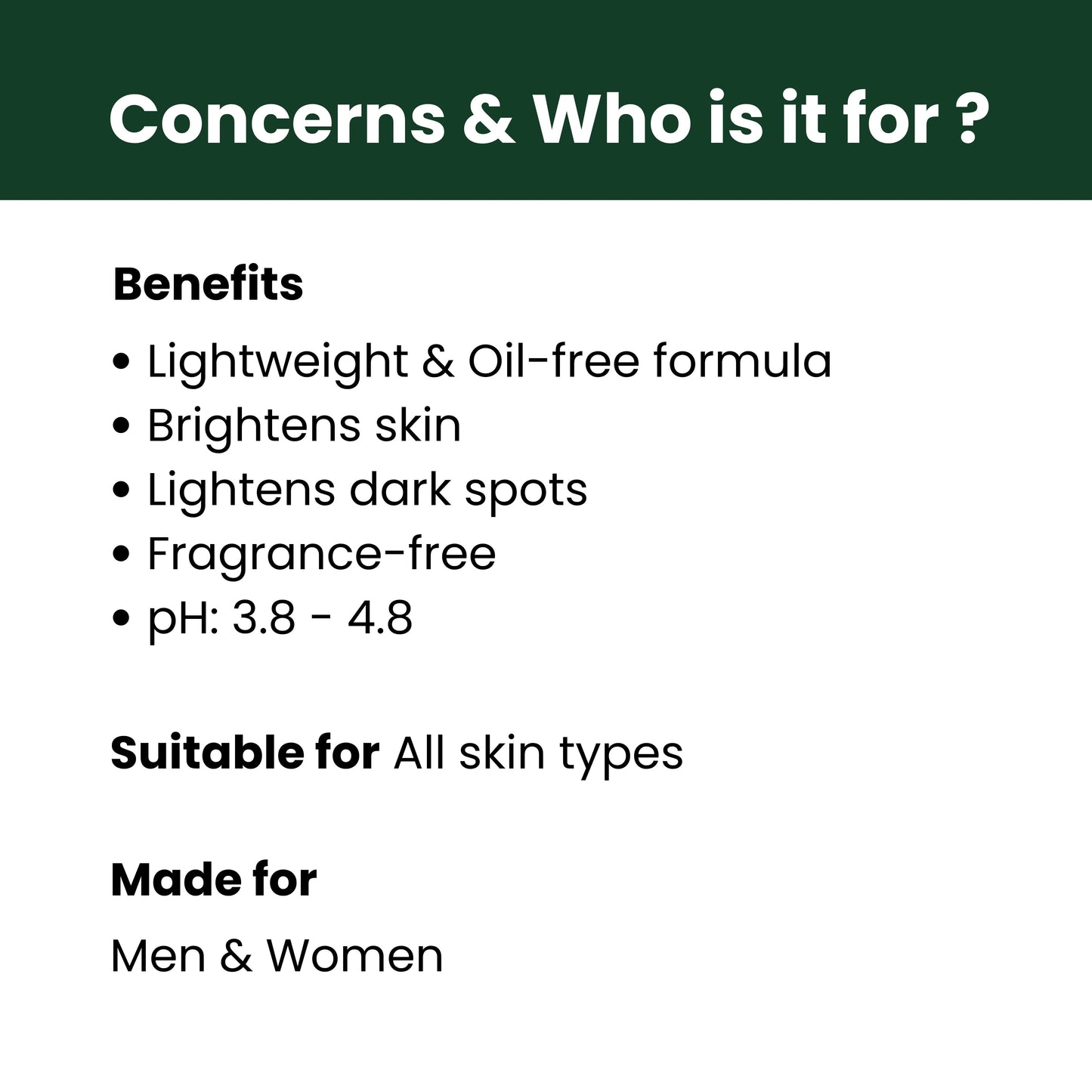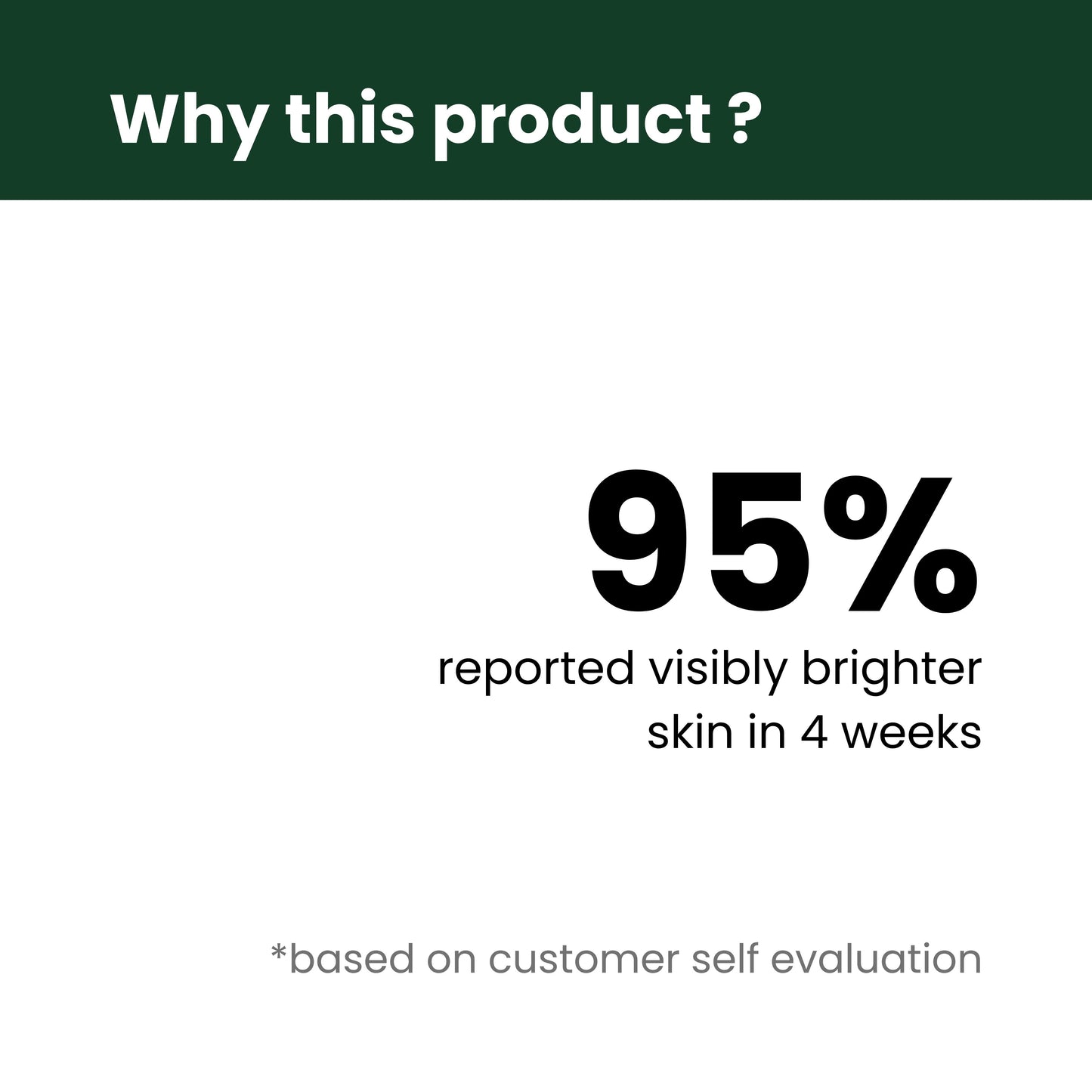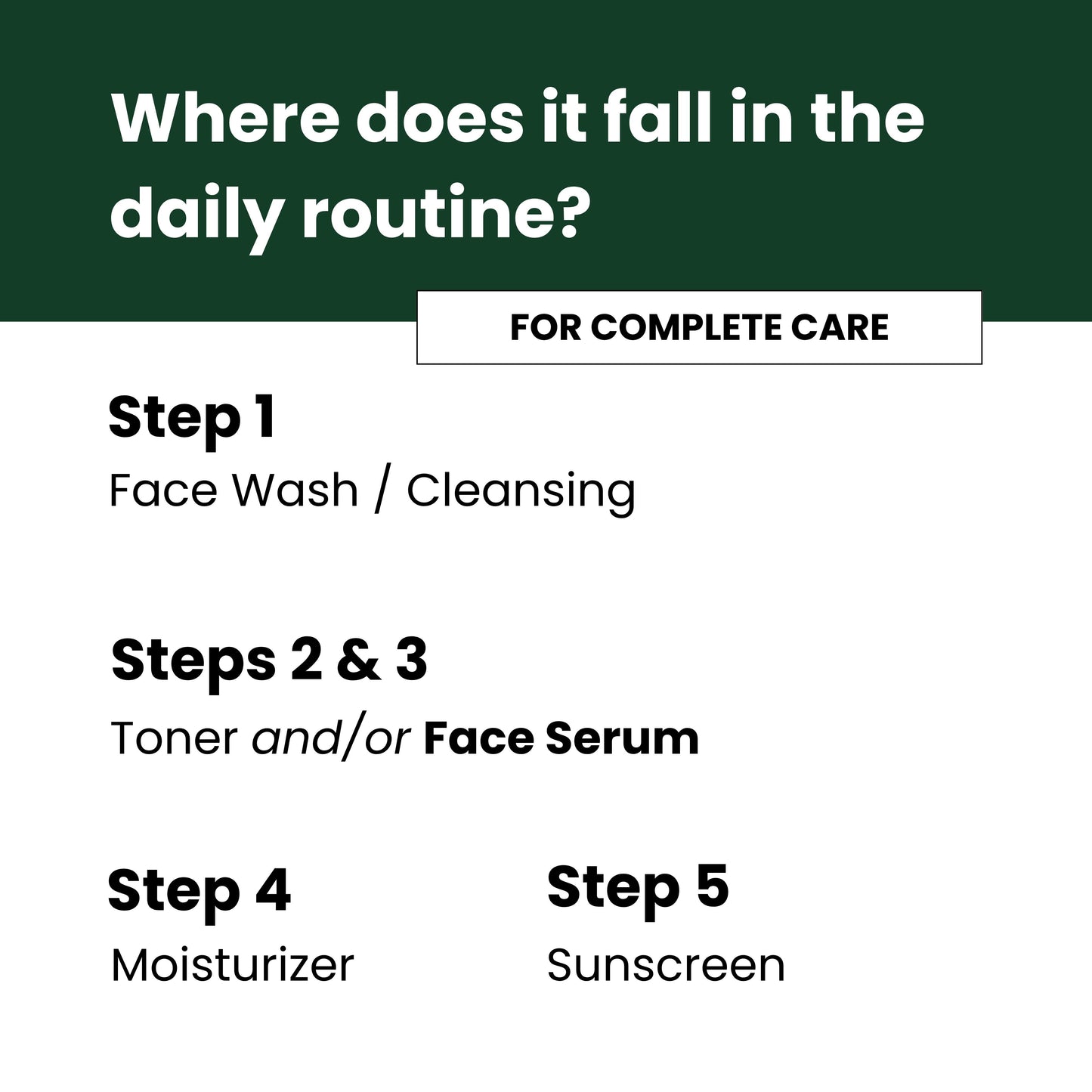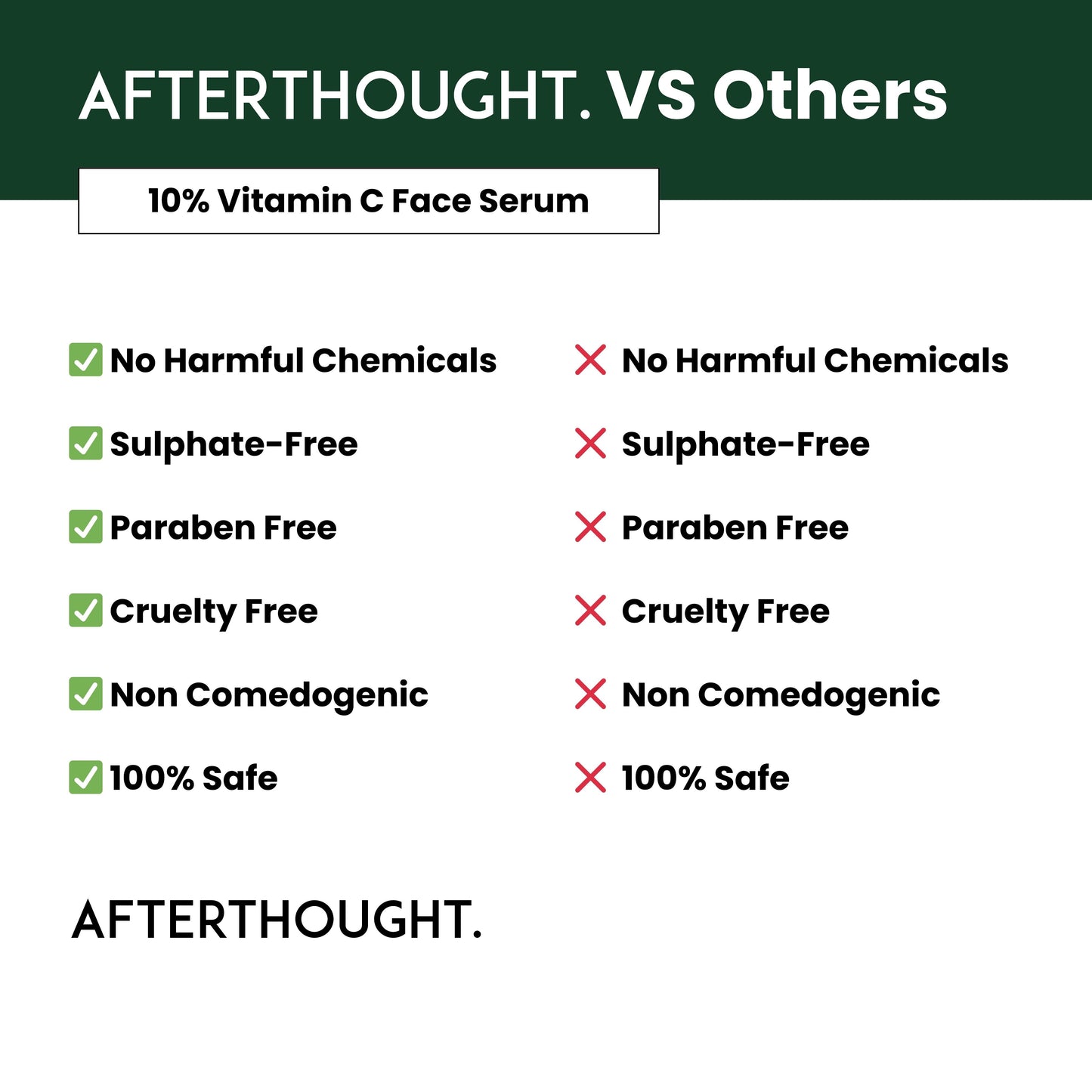Is Face Serum Good For Oily Skin?
When it comes to skincare, one size does not fit all. Every skin type requires a unique approach, and oily skin is no exception. Among the myriad of skincare products available, face serums have garnered significant attention.
But the question remains: is face serum good for oily skin? Let’s delve deep into understanding what face serums are, how they work, and their benefits for oily skin. Welcome to Afterthought.
Understanding Face Serums
Face serums are lightweight, fast-absorbing liquids designed to deliver high concentrations of active ingredients directly to the skin. Unlike moisturizers, which are typically thicker and designed to hydrate and create a barrier on the skin, serums penetrate deeper to target specific skin concerns. They are formulated with a variety of active ingredients such as antioxidants, vitamins, and acids that address issues like aging, pigmentation, acne, and hydration.
The Unique Needs of Oily Skin
Oily skin is characterized by an overproduction of sebum, the natural oil produced by sebaceous glands. While sebum is essential for keeping the skin moisturized and protected, excessive production can lead to a greasy complexion, enlarged pores, and acne breakouts. Therefore, any product designed for oily skin should aim to balance oil production, minimize pores, and prevent breakouts without causing dryness or irritation.
Benefits of Face Serums for Oily Skin
1. Lightweight and Non-Greasy
One of the primary benefits of face serums is their lightweight nature. They are often water-based and non-comedogenic, meaning they won’t clog pores or leave a greasy residue, making them ideal for oily skin.
2. Hydration Without Heaviness
Many people with oily skin skip moisturizers to avoid added shine, but this can lead to dehydrated skin and increased oil production. Serums offer hydration without the heaviness of traditional moisturizers, helping to maintain the skin’s moisture balance.
3. Targeted Treatment
Serums can be packed with active ingredients like salicylic acid, niacinamide, and retinoids, which are excellent for treating acne and controlling oil production. These ingredients can penetrate deeper into the skin to address the root causes of oily skin issues.
4. Antioxidant Protection
Antioxidant-rich serums, such as those containing vitamin C, can protect oily skin from environmental damage and reduce inflammation, which is often associated with acne.
5. Refined Pores
Ingredients like niacinamide and retinol can help minimize the appearance of pores, a common concern for those with oily skin.
Choosing the Right Serum for Oily Skin
Not all serums are created equal, and selecting the right one for oily skin requires careful consideration of the ingredients:
- Salicylic Acid: This beta hydroxy acid (BHA) is oil-soluble, meaning it can penetrate deep into the pores to exfoliate and clear out excess sebum and debris, reducing the occurrence of acne.
- Niacinamide: Also known as vitamin B3, niacinamide is a versatile ingredient that helps regulate oil production, reduce inflammation, and minimize the appearance of pores.
- Hyaluronic Acid: Often associated with hydration, hyaluronic acid can be beneficial for oily skin when used in a lightweight, water-based formula. It hydrates without adding oiliness.
- Retinol: A derivative of vitamin A, retinol helps in cell turnover, reducing clogged pores and improving the texture of the skin.
- Tea Tree Oil: Known for its antibacterial properties, tea tree oil can help control acne without causing excessive dryness.
How to Incorporate Face Serum into Your Skincare Routine
- Cleanse: Start with a gentle cleanser to remove excess oil and impurities from your skin.
- Tone: Use a toner to balance your skin’s pH and prepare it for better absorption of the serum.
- Apply Serum: Take a few drops of serum and gently pat it onto your face, focusing on areas with excess oil or acne.
- Moisturize: Follow up with a lightweight, oil-free moisturizer to lock in hydration.
- Sunscreen: In the morning, always finish your routine with a broad-spectrum sunscreen to protect your skin from UV damage.
Conclusion
In conclusion, face serums can be highly beneficial for oily skin when chosen and used correctly. They offer targeted treatment without the heaviness of traditional moisturizers, helping to balance oil production, hydrate the skin, and treat common issues like acne and enlarged pores. By incorporating a well-formulated serum into your skincare routine, you can achieve a clearer, more balanced complexion.
Remember, the key to managing oily skin is consistency and using products that address your skin’s unique needs without exacerbating oiliness or causing irritation. With the right serum, you can enjoy the benefits of potent active ingredients and achieve healthier, more radiant skin.


